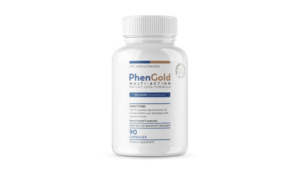Gut health plays an important role in overall well-being, and diet is a key factor in maintaining a healthy gut. By making mindful choices about the foods you consume, you can positively impact your gut microbiome and support digestive health.
Here are some evidence-based dietary strategies to improve your gut health:
- High-Fiber Foods: Incorporate a variety of high-fiber foods such as fruits, vegetables, legumes, and whole grains into your diet. Fiber supports healthy digestion and the growth of beneficial gut bacteria.
- Polyphenol-Rich Foods: Consume foods rich in polyphenols, including fruits, vegetables, coffee, and tea. These compounds have antioxidant properties and can contribute to a healthy gut microbiome.
- Probiotic and Prebiotic Foods: Include probiotic-rich foods like yogurt and kefir, as well as prebiotic foods such as bananas, onions, and garlic. Probiotics help introduce beneficial bacteria, while prebiotics serve as fuel for these bacteria.
- Limit Ultra-Processed Foods: Reduce the intake of ultra-processed and high-fat foods, as they may negatively impact the balance of gut bacteria.
- Stay Hydrated: Drink an adequate amount of water to support healthy digestion and overall gut function.
- Manage Stress: Chronic stress can affect gut health, so incorporating stress-reducing practices such as mindfulness, yoga, or meditation can be beneficial.
- Get Sufficient Sleep: Prioritize good sleep hygiene, as adequate sleep is linked to a healthy gut microbiome.
By focusing on these dietary and lifestyle factors, you can take meaningful steps to improve your gut health naturally. Remember that individual responses to dietary changes may vary, so it’s important to find an approach that works best for you.
Improving your gut health through diet is a journey that involves making sustainable changes to your eating habits. By prioritizing whole, nutrient-dense foods and being mindful of the impact of your diet on your gut, you can support not only your digestive health but also your overall well-being.




